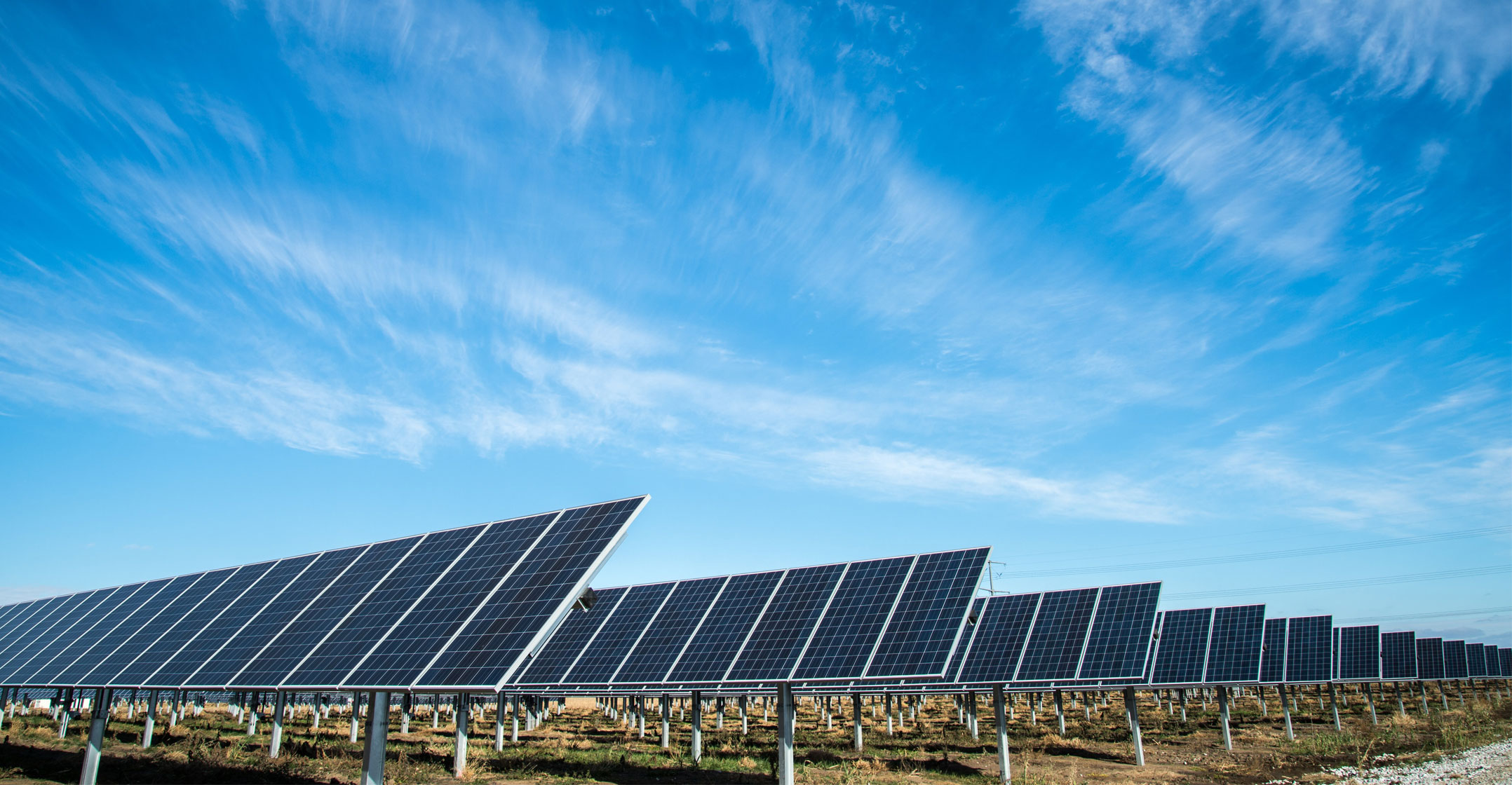 Energy regulator Nersa has approved the first two 100MW private power projects following government’s decision to raise the threshold above which a generation licensing process is required from 1MW and 100MW.
Energy regulator Nersa has approved the first two 100MW private power projects following government’s decision to raise the threshold above which a generation licensing process is required from 1MW and 100MW.
The two projects, which have been formally registered with Nersa, will see the development of two 100MW solar PV plants in North West. They are being developed, financed and constructed by Sola Group on behalf of Tronox Mineral Sands. Sola Group will also run the facilities once they have been built.
The change to the rules means registration to build private power generation plants up to 100MW in capacity is faster and much less onerous than applying for a generation licence.
“The significance of this first move is that it will pave the way for many more large-scale private projects to receive approvals to be able to contribute to generation capacity to the grid,” said Sola Group CEO Dom Wills in a statement on Monday. “This is a clear signal that private power is achievable and there are private funders that are excited to finance this market.”
Sola’s largest shareholder and equity partner in the projects is African Rainbow Energy, which is led by former Eskom CEO Brian Dames.
The projects have received significant assistance from the presidency, which is “keen to see the impact of the new legislation”, Sola Group said.
“The raising of the licensing threshold has unlocked a massive pipeline of investment,” said Rudi Dicks, the head of the project management office in the presidency in the statement. “To fast-track these projects, we have established a joint task team between government and industry which meets weekly to remove many of the constraints.”
Timeline
Financial close of the two new projects is expected in July. After that, it will take about 14 months to complete construction and for commercial operation to start.
The projects, which have an expected lifetime of 30 years, will make use of the electricity “wheeling” framework enabled by Eskom.
“Under this mechanism, the energy can be produced by an independent power producer in one Eskom-connected area, and sold to their client in other Eskom-connected areas. Eskom charges a wheeling fee to facilitate this bilateral energy trade,” Sola Group said.
“Large-scale bilateral energy trading is the first step in South Africa’s plan to ultimately open up the grid to allow a more flexible electricity trading. Draft legislation has been released which signals the intent to have a consolidated central purchasing agency allowing electricity traders to sell energy using the grid as a conduit.” — © 2022 NewsCentral Media




